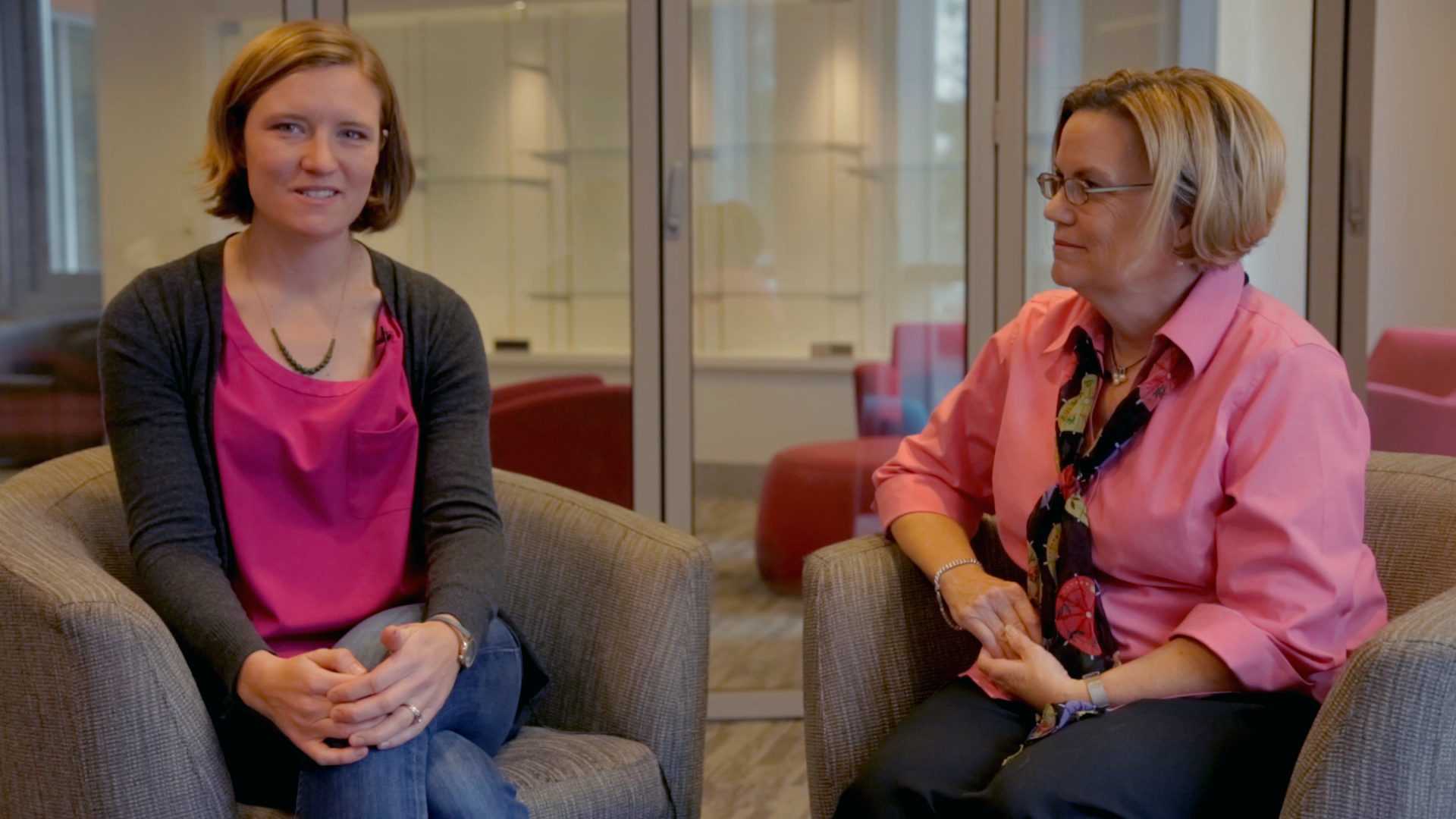Making the Most of Mentorship

Mentorship creates endless possibilities for personal and professional development for both mentors and mentees. At NC State, faculty, staff and students partake in and benefit from mentorship that stretches across interests and disciplines.
Gail Jones, Alumni Distinguished Graduate Professor in the College of Education, and Katherine Chesnutt, a doctoral student, are two such members of the campus community who have benefited from mentorship. Jones has advised Chesnutt, a former high school teacher, throughout her doctoral studies.
“For faculty, it’s really important because it allows us to extend what we’re doing in the classroom out into the real-life context that students are going to encounter as they enter a new job,” said Jones.
Mentorship also plays a crucial role in the development of students at all levels.
“From the student perspective, mentoring really allows students to have an apprenticeship where they have this role model that they’re able to base their decisions and what they do off of someone who’s already done it, and who is there to guide them through that experience,” said Chesnutt.
For more information on and resources for mentorship, visit some of the sites below.
Resources for Students
Lead Graduate Professional Skills Collaborative
Multicultural Student Affairs – Peer Mentor Program
Office of Undergraduate Research – Best Mentoring Practices
Office of Undergraduate Research – Finding a Mentor
How to Get the Mentoring You Want: A Guide for Graduate Students
Resources for Faculty and Staff
Faculty Mentoring and Retention
National Mentorship Resources
The National Mentoring Partnership
Inside Higher Ed – How to Be a Great Mentor
Hanover Research – Faculty Mentoring Models and Best Practices
- Categories:


